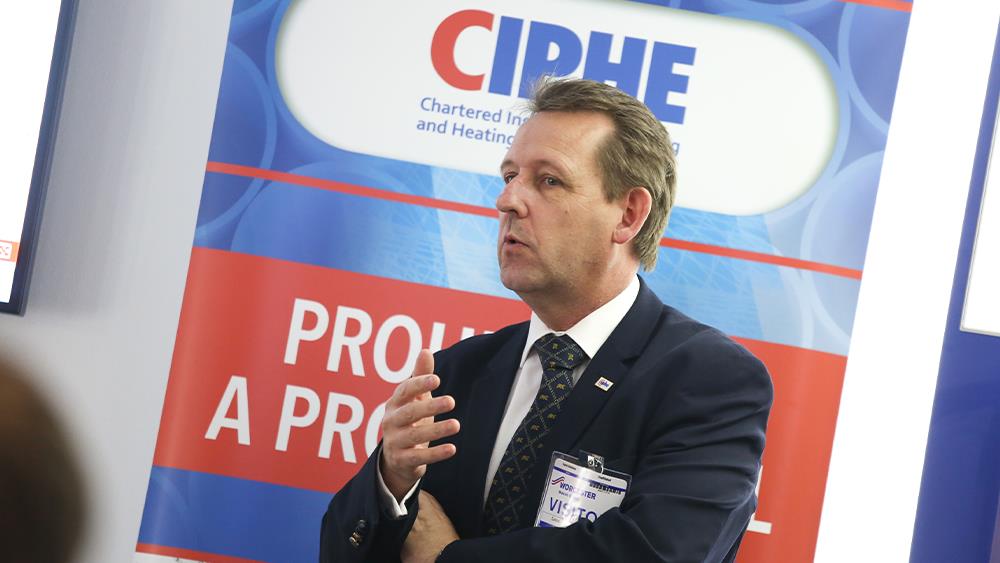

Professor Jim Skea, who was appointed head of the IPCC in July, has made it clear that the principal hurdle to net-zero is home energy consumption, saying: “In a place like the UK, that’s the biggest challenge: making sure that homes are energy efficient.”
The CIPHE, in an effort to champion household energy efficiency in line with Professor Skea’s comments, is encouraging all plumbing and heating installers to talk to their customers about energy-saving options.
Kevin Wellman, CEO of the CIPHE, said: "Plumbing and heating installers have considerable impact on how their customers understand, use and save energy and it is increasingly vital that they use their influence to protect the planet.
"Installers are experts in home energy use and provide much-needed consultancy to the public. In this way, they often have a dramatic impact on a household’s annual energy expenditure.”
The CIPHE has long supported this idea. It provides a home health check as part of its eco-conscious offerings and regularly encourages installers to recommend this service to their customers. The home health check encompasses heating, controls, hot and cold water services, renewables as well as water safety and drainage. It is an opportunity for installers to educate homeowners on the most efficient use of their heating system.
Wellman continued: “By encouraging homeowners to have a home health check carried out, installers can make a significant difference to the amount of energy that household uses.
“A home health check will identify areas where energy is being wasted as well as appropriate upgrades.
“It’s also a great opportunity for installers to recommend actions that homeowners can take to benefit the environment, such as turning down the thermostat or being more mindful when it comes to water waste.”
At the annual CIPHE President’s Dinner earlier this year, Chris Yates, CEO of the Federation of Environmental Trade Associations (FETA), echoed this sentiment, saying: “Considering the current situation of high energy prices and rising interest rates, consumers may not be in a position to spend money on their properties.
“But if we frame the energy-efficient upgrades as a 10-year programme – one which will benefit homeowners current heating and cooling capabilities and help save towards a low-carbon alternative – they will be far more likely to take action.”
If you'd like to keep up-to-date with the latest developments in the heating and plumbing industry, why not subscribe to our weekly newsletters? Just click the button below and you can ensure all the latest industry news and new product information lands in your inbox every week.